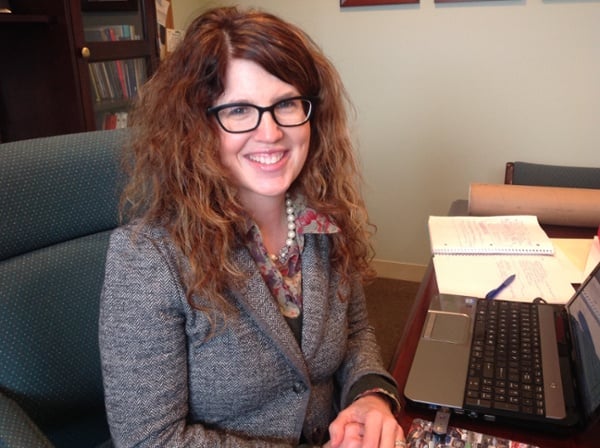As people get older in their 70s, 80s, and beyond, they begin to become more physically frail. One of the concerns along with becoming frail is that they might slip and fall. While a fall to a younger person might only result in a bruise, the consequences of a fall to an elderly parent can be severely detrimental. Whether your parents are in assisted living or still in their family home, here are some ways that you can help them avoid falls
Install Handrails and Anti-Slip Mats
Go through the living space and make sure that all staircases have sturdy handrails. Stairs from the basement, between floors, and to the attic all need to be checked. Additionally, handrails should be installed in the bathroom inside the shower and potentially even next to the toilet, so your loved one can easily grab onto them for stability. Finally, place anti-slip mats inside all showers or tubs. Anti-slip mats should also be used outside the tub or shower area for stability after bathing. You may wish to purchase a small set of stairs with rubber grips so your loved one can get in and out of the shower or tub easily.
Get Vision Checked
During retirement living, some people try to avoid doctor appointments they don't feel are an absolute necessity. One of those appointments is often the eye doctor. However, elderly parents should have their eyes checked at least once a year. Wearing properly fitted glasses will help ensure that your loved ones can see where they are going. This reduces the risk of falling both around the home and when out in public.
Physical Strength
Many assisted living services to include some form of physical activity for the elderly person. Why? Because as people age, they lose muscle tone. Encourage your loved one to participate in 15 minutes of physical activity each day. The light activity will focus on simple movements such as reaching, bending, tossing, and stretching. Lightweights may also be used. Make sure your loved one is wearing properly fitted athletic shoes before beginning the activity.
Diet
The old adage "you are what you eat" still applies even as people get older. Make sure that your parents have a diet with adequate amounts of calcium and vitamin D. Cheese, fish, yogurt, milk, tofu, and almonds all provide these nutrients. Getting enough of these vitamins will help ward off or reduce the effects of osteoporosis. However, make sure you consult your parents' physician about dietary supplements such as vitamins to ensure they do not counteract any medication they are taking.
Lighting
Another environmental hazard for people who are enjoying retirement living is making sure that their place is well lit. Even if the home had enough light at one time, your loved one may need additional lighting now. Indoor and outdoor staircases, hallways, and bathrooms should all be brightly lit to reduce the risk of falling. Also, exterior walkways and driveways should also have ample light.
Key Takeaways:
- During retirement living, install handrails and anti-slip mats on all staircases and in bathrooms.
- Get your loved one's vision checked at least once a year.
- Engage your parents in light physical exercise.
- Make sure your parents have enough calcium and vitamin D in their diet to keep their bones strong.
- Ensure that interior and exterior areas of the home are well lit, especially driveways, walkways, stairways, hallways and bathrooms.
Need Help?
If you're interested in learning more about assisted living services, contact us today.




